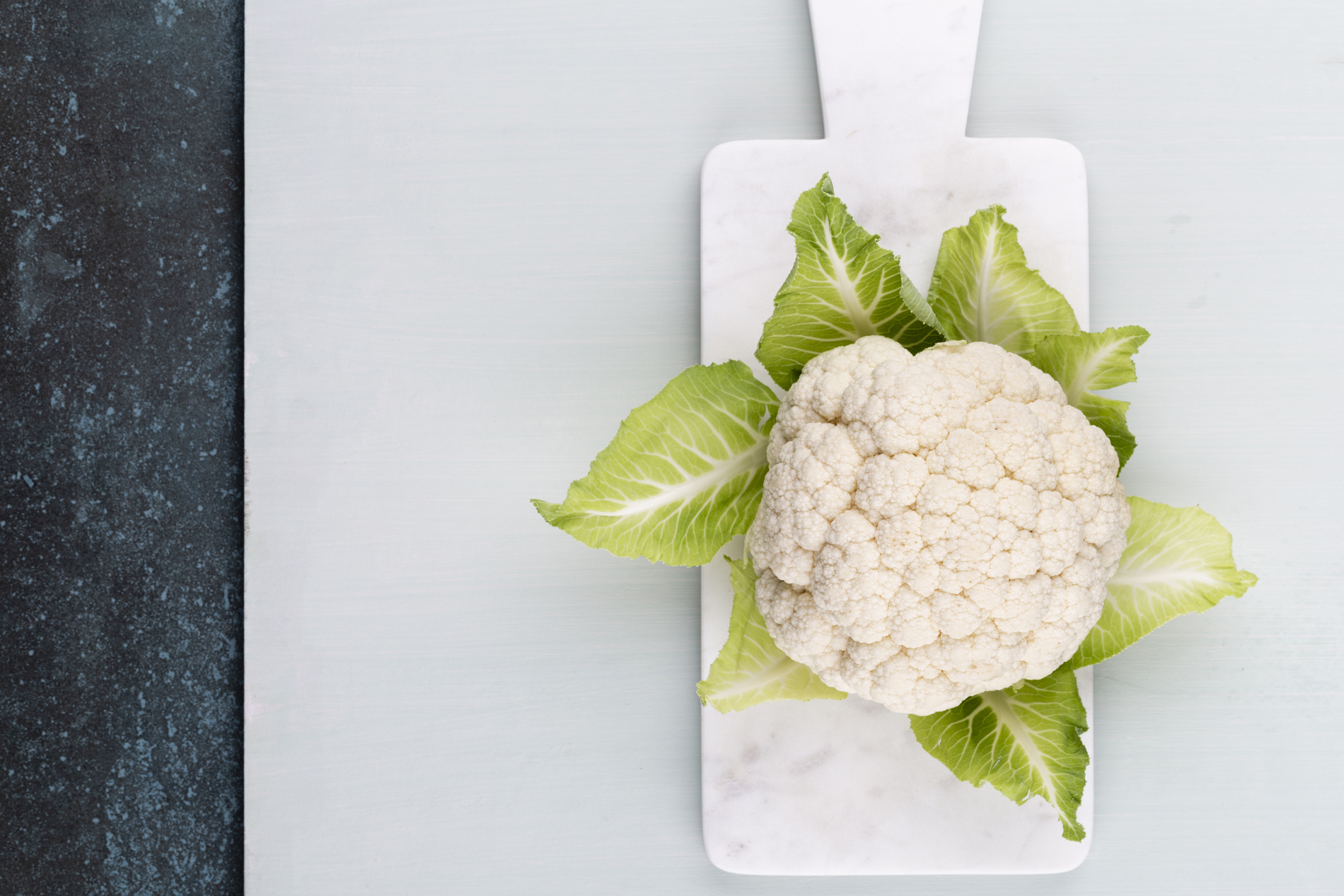
Best Vegetable Fiber Sources
Fiber is one of the most important nutrients for your digestion, heart health, and even blood sugar control. It keeps things moving, supports healthy gut bacteria, and helps you stay fuller for longer. Most adults need about 25 to 38 grams of fiber a day, but many of us fall short. Adding more vegetables to your meals is one of the easiest ways to close that gap.
Some vegetables are especially rich in fiber, giving you a big boost in just one serving. And the best part is, they also bring vitamins, minerals, and antioxidants to the table, so you’re getting multiple health benefits in every bite.
Here are 11 of the best vegetables for fiber, plus what else they do for your body.
1. Artichokes
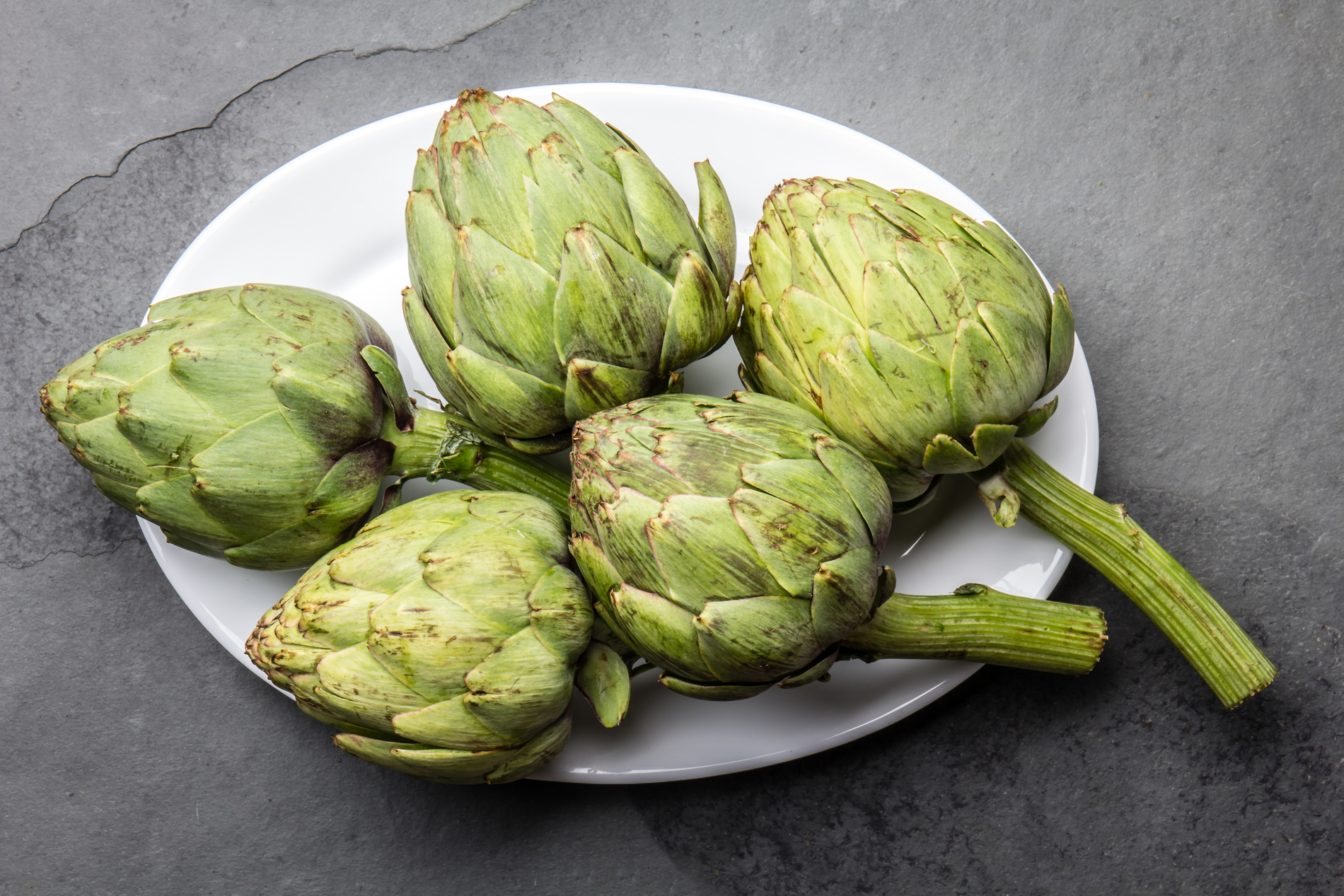
One medium artichoke has about 7 grams of fiber, which is almost a third of the daily recommended amount for women. They are also rich in antioxidants and prebiotics, which help feed healthy gut bacteria.
2. Broccoli
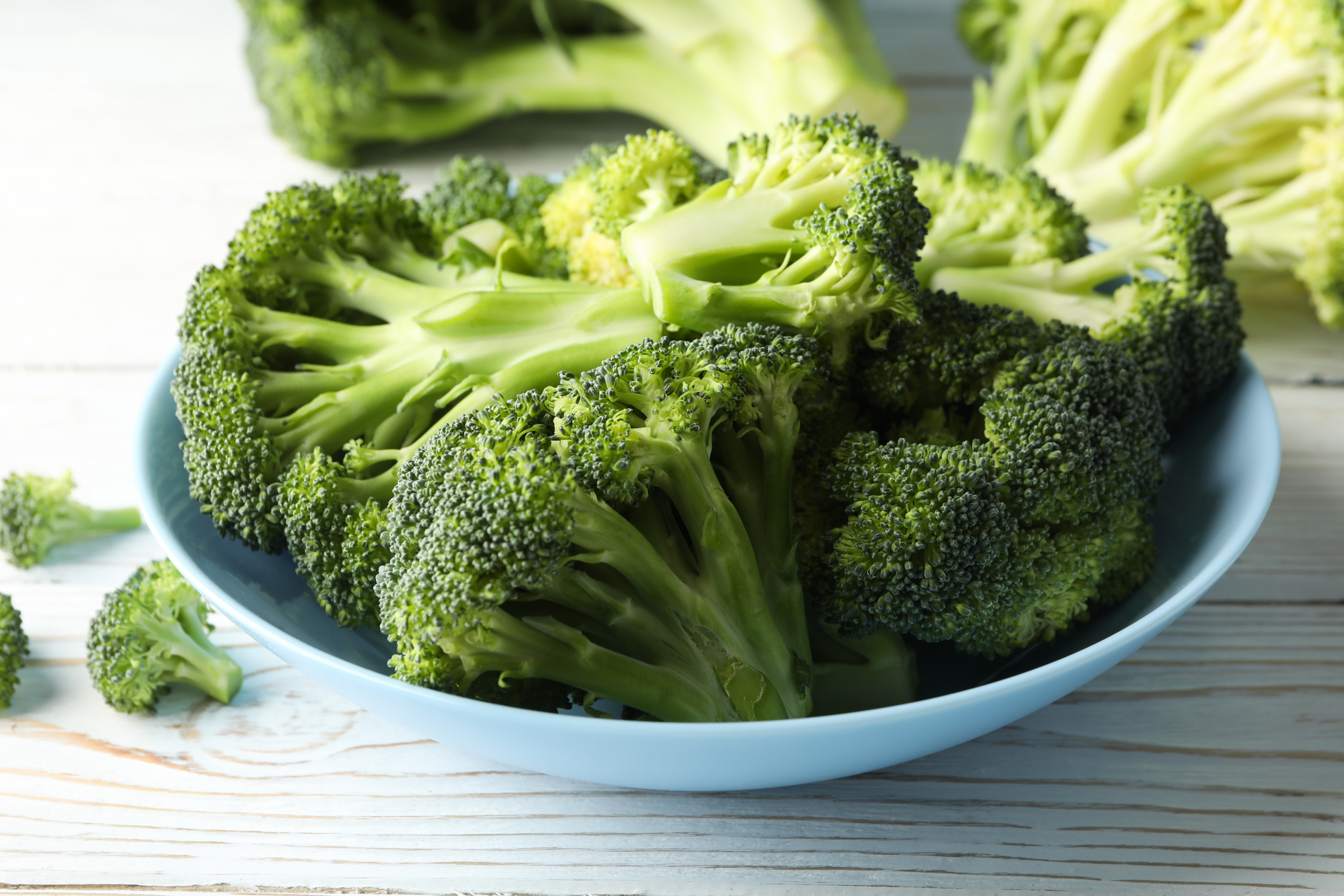
A cup of cooked broccoli has around 5 grams of fiber, plus vitamin C, vitamin K, and sulforaphane, a compound linked to cancer protection. Steaming preserves the most nutrients, but it’s great roasted or in soups too.
3. Brussels Sprouts
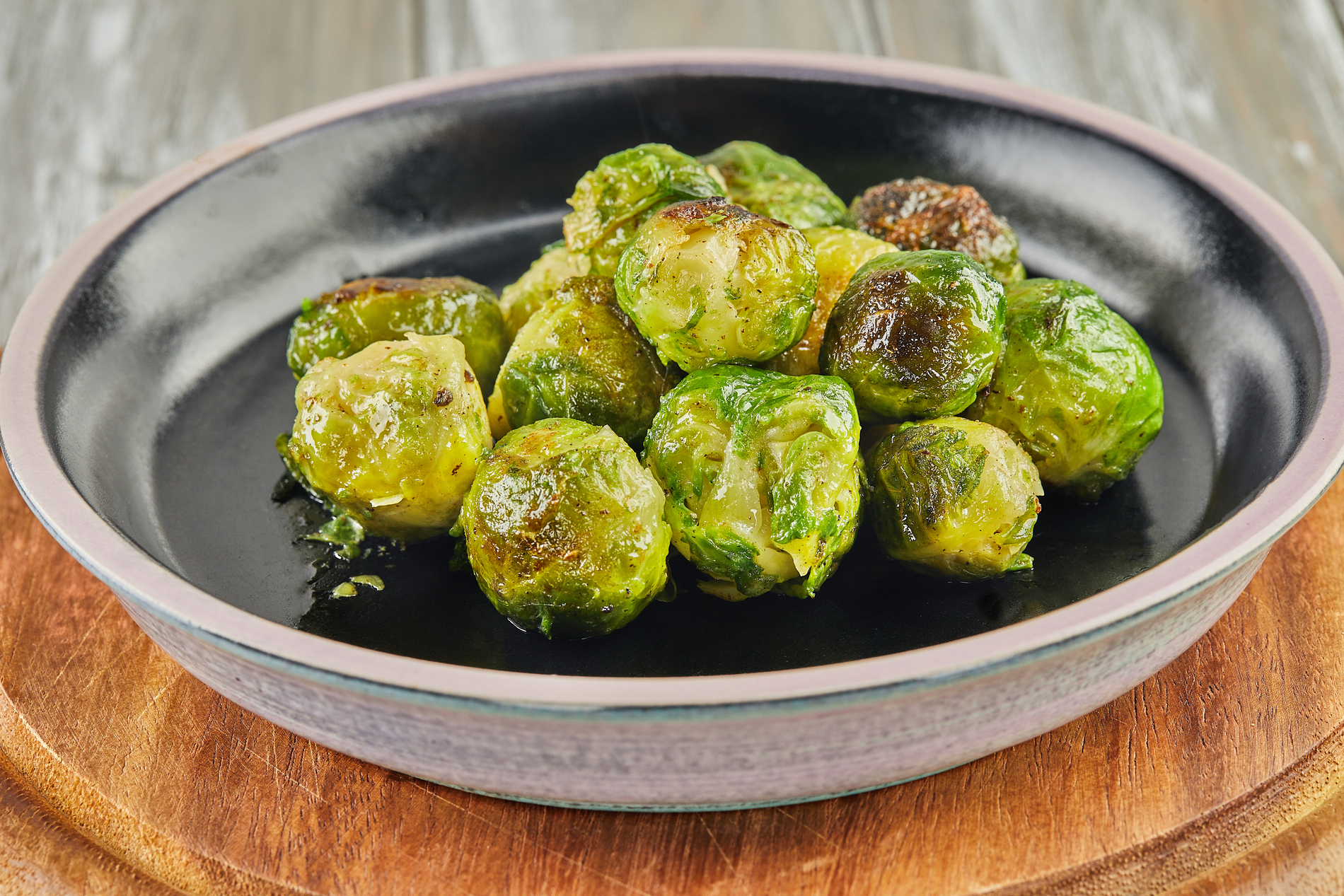
A cup of cooked Brussels sprouts delivers about 4 grams of fiber along with vitamin K, vitamin C, and antioxidants. They also contain compounds that may support heart health and reduce inflammation.
4. Sweet Potatoes
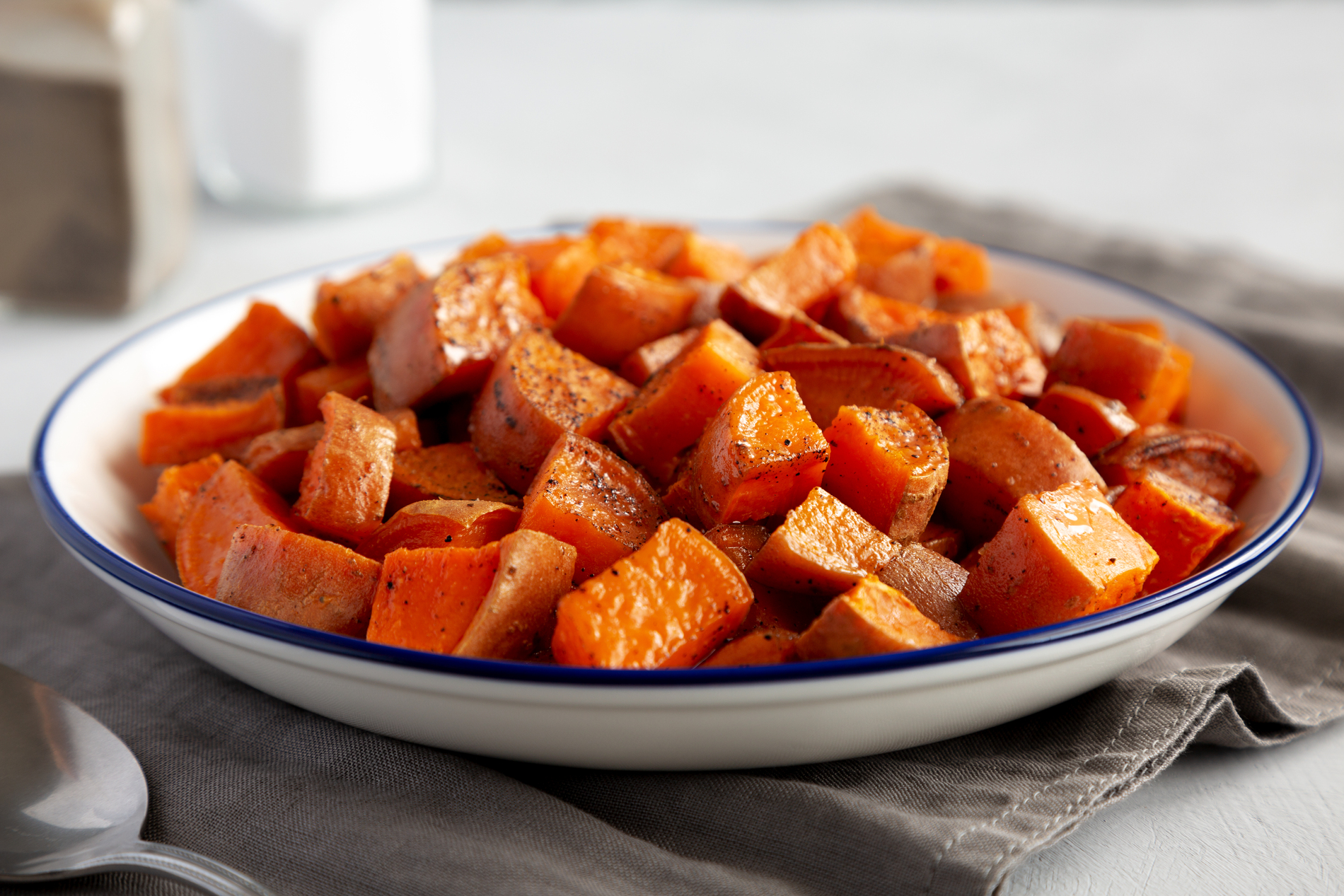
One medium sweet potato with the skin on gives you 4 grams of fiber, plus beta-carotene, which the body converts to vitamin A for healthy eyes and immune function. Baking or roasting keeps the fiber intact.
5. Carrots
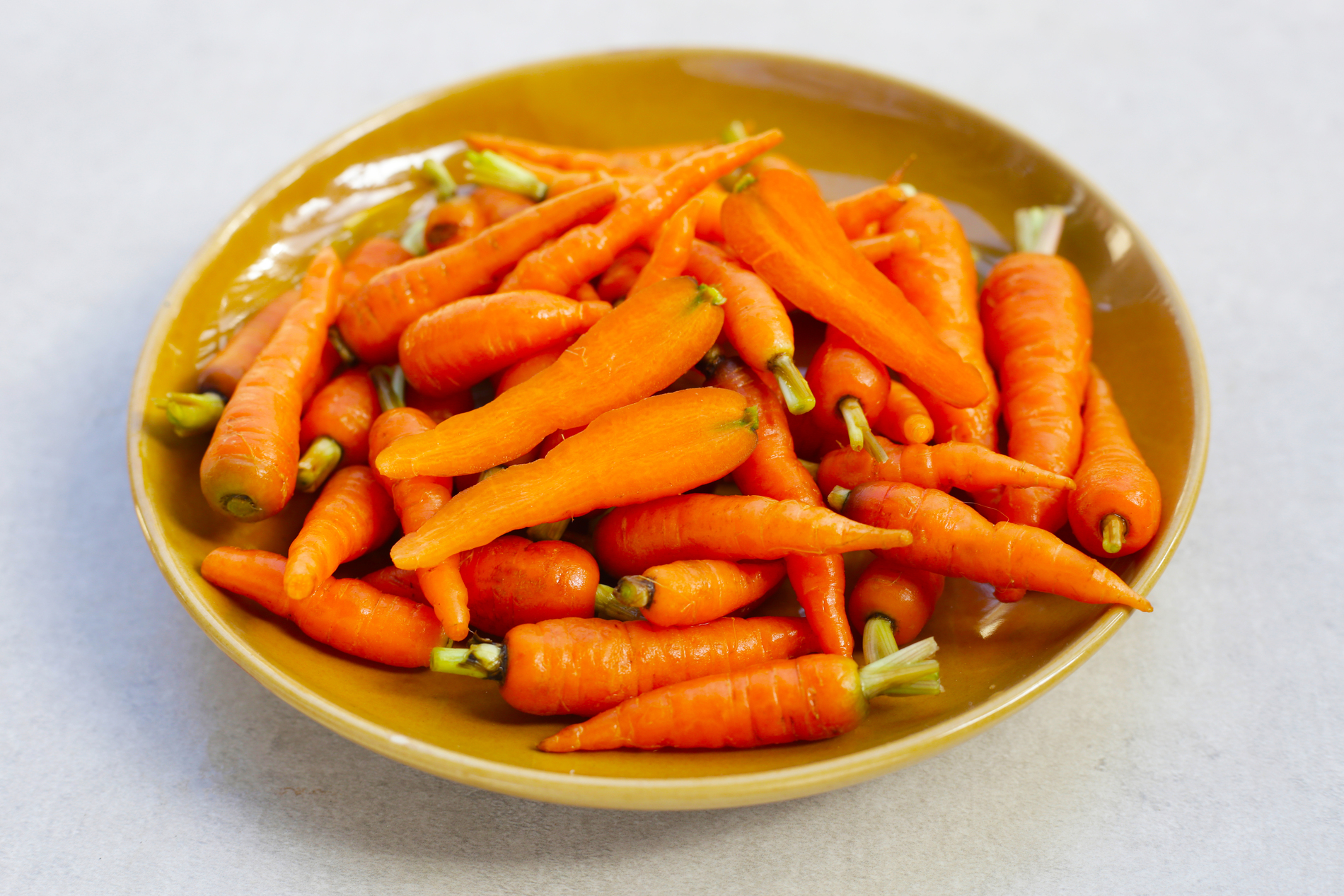
A cup of raw carrots offers around 3.5 grams of fiber along with beta-carotene and potassium. They are easy to snack on raw, roast in the oven, or blend into soups for extra nutrients.
6. Spinach
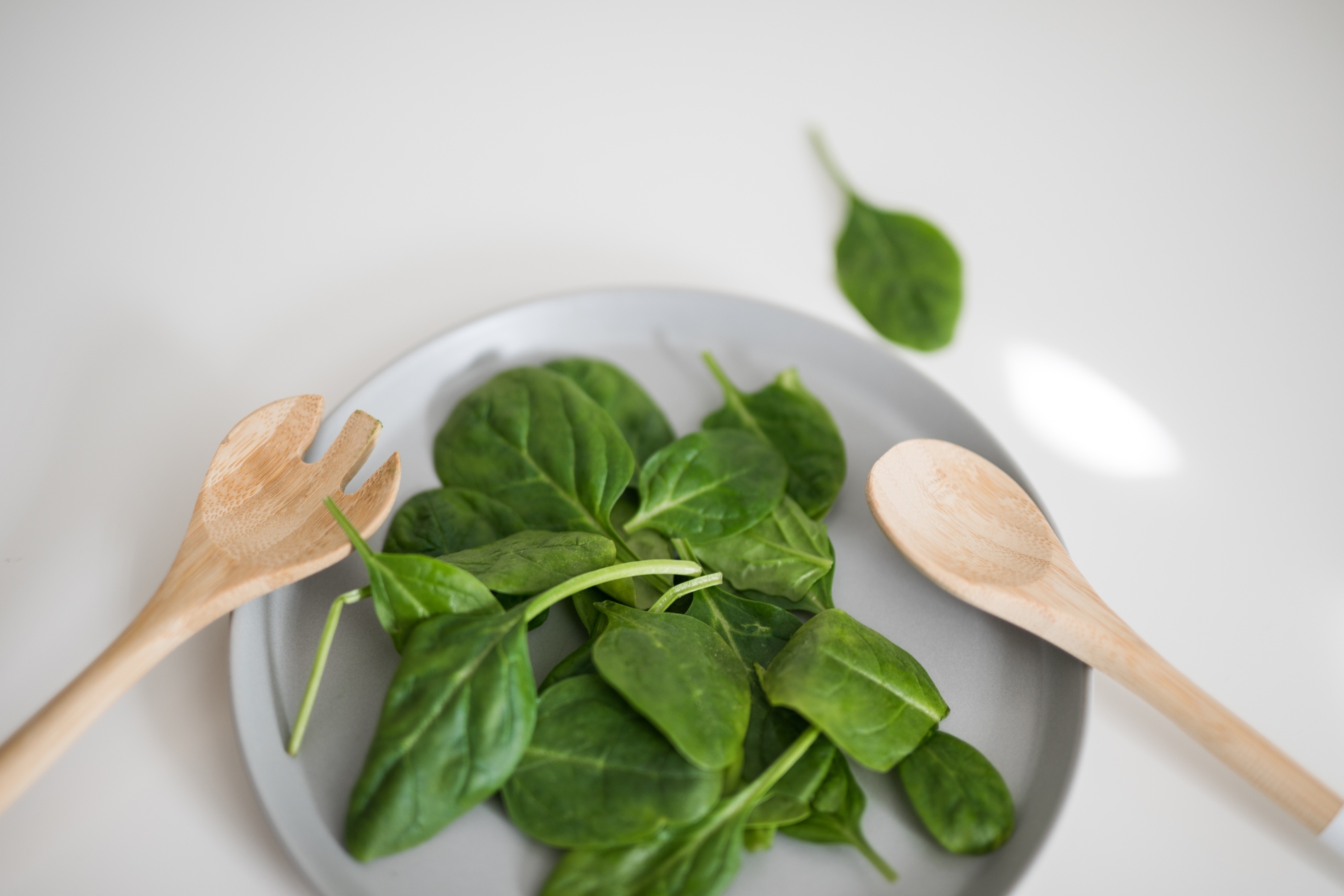
A cup of cooked spinach contains about 4 grams of fiber as well as iron, calcium, and magnesium. It’s also packed with antioxidants like lutein, which is important for eye health.
7. Cauliflower
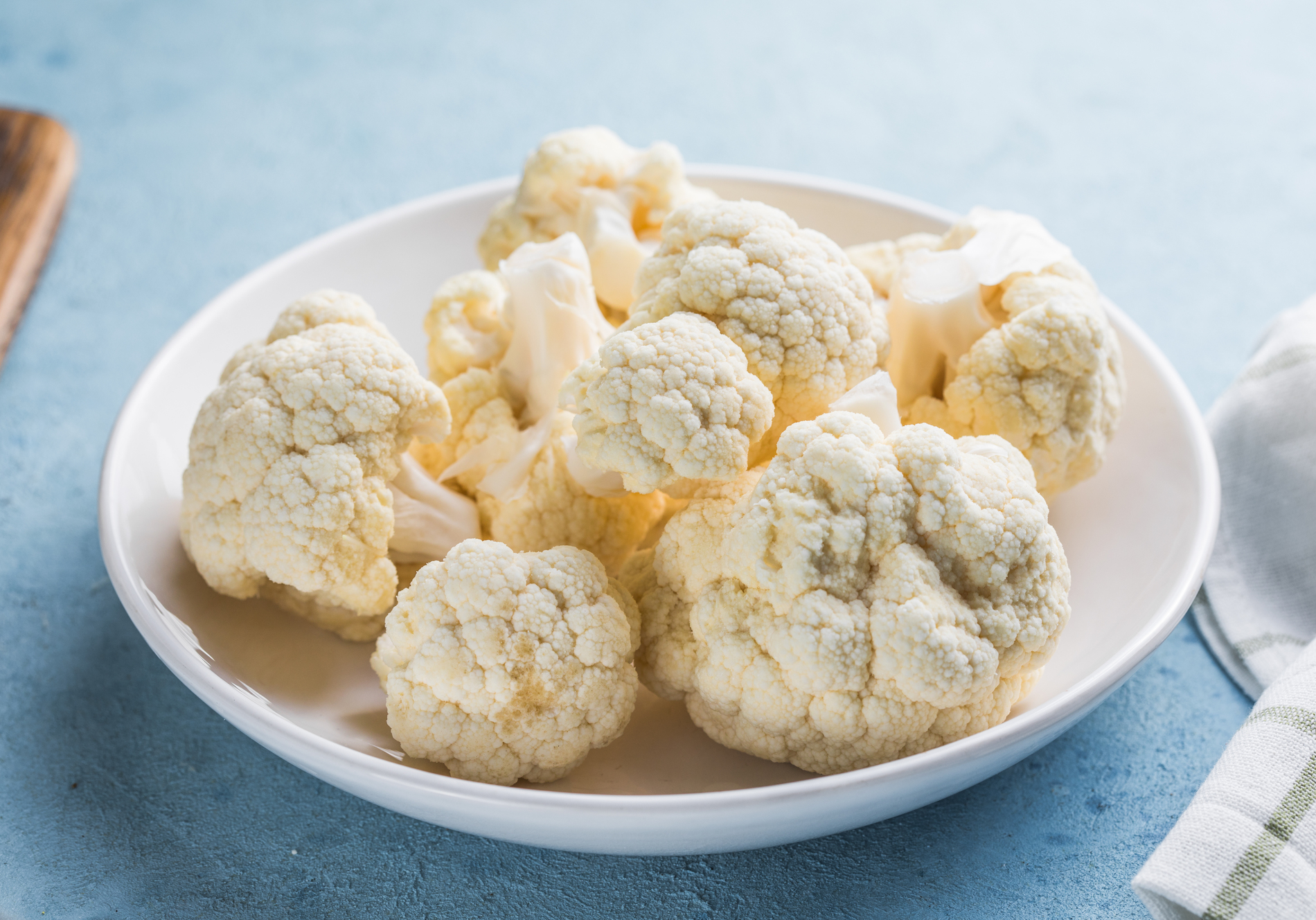
One cup of cooked cauliflower provides 3 grams of fiber along with vitamin C and compounds that may help protect against certain cancers. It’s also versatile, working as a mash, rice substitute, or roasted side.
8. Green Peas
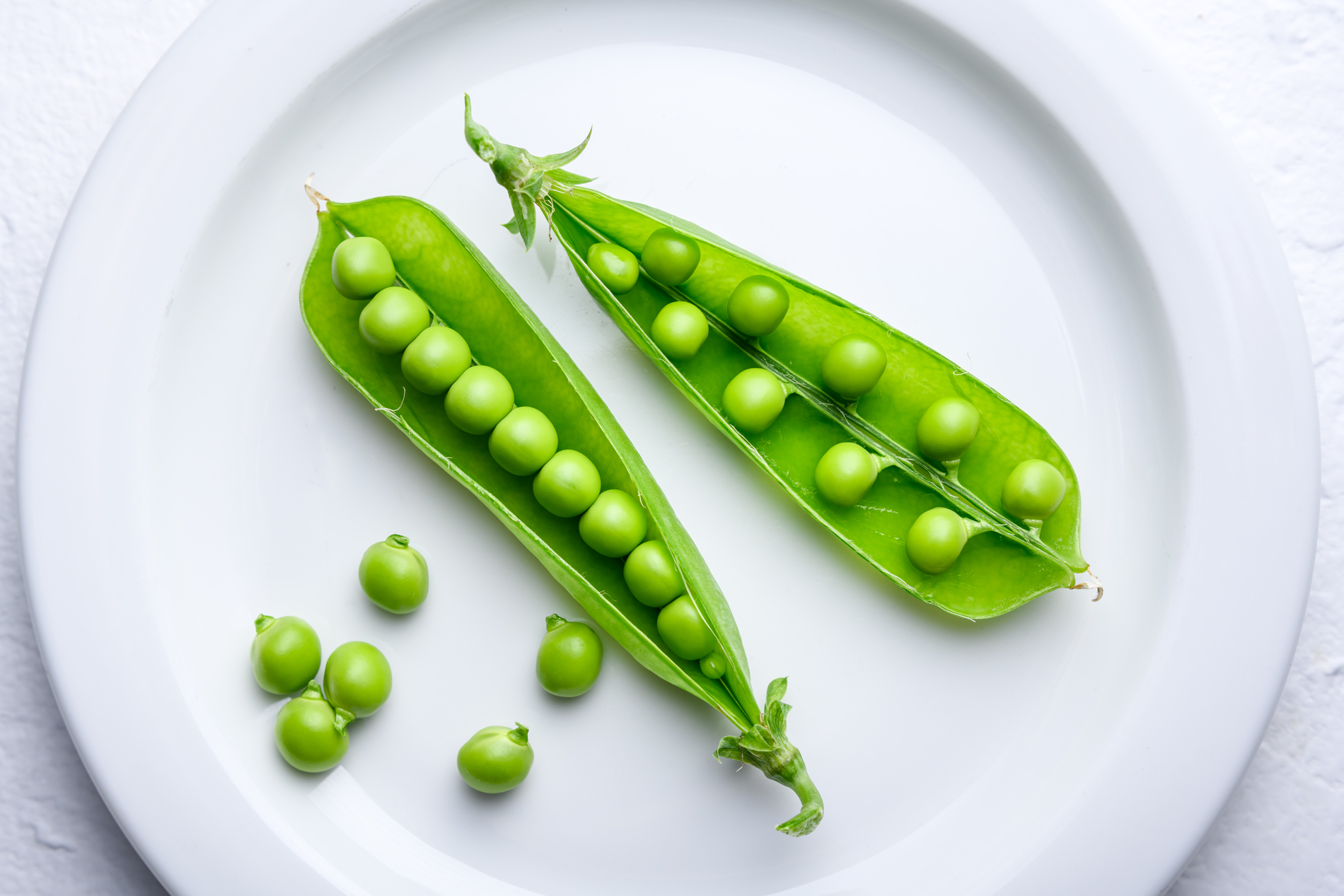
A cup of cooked green peas contains about 9 grams of fiber, making them one of the highest-fiber vegetables. They also offer plant-based protein, vitamin K, and folate.
9. Collard Greens
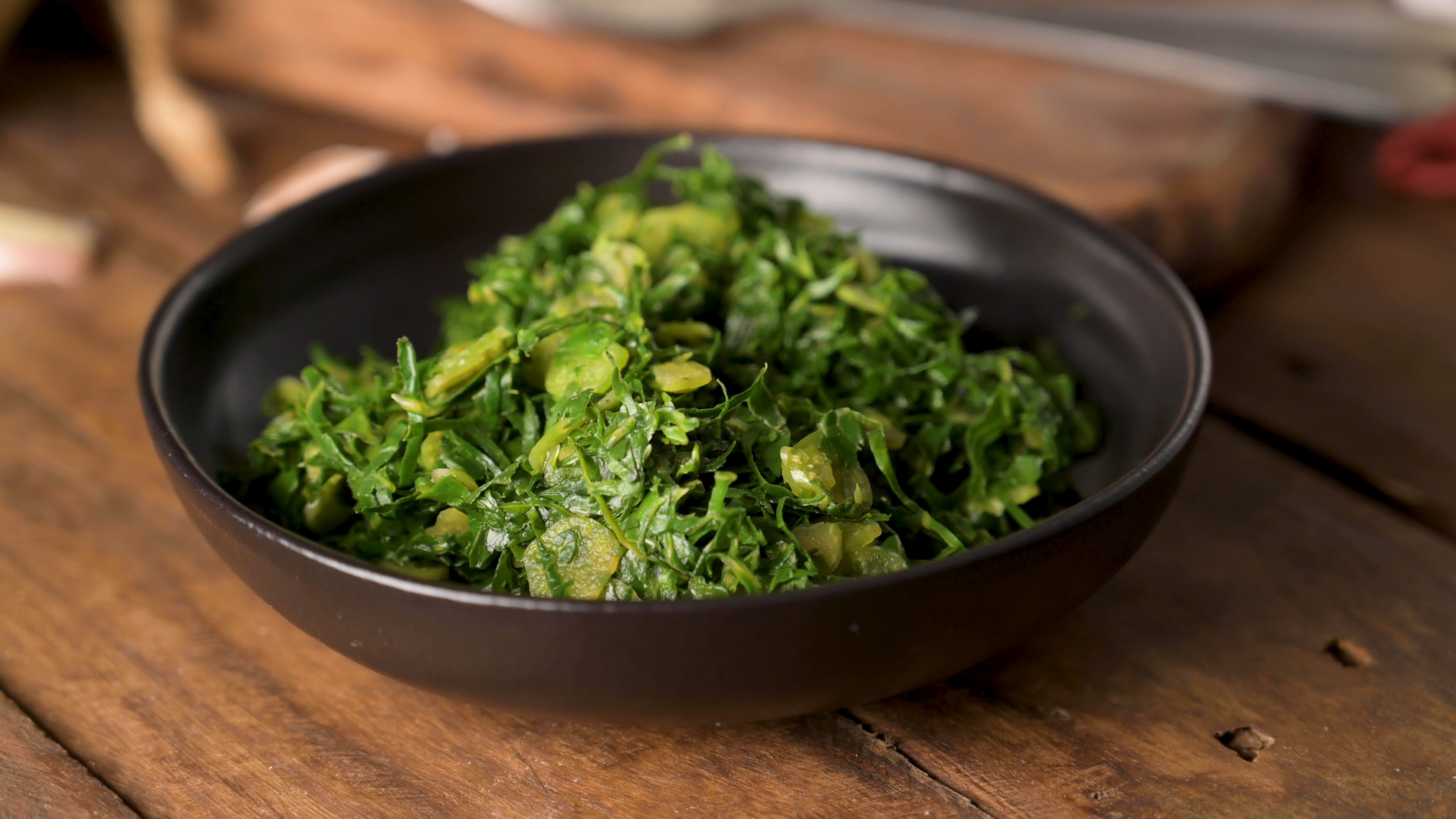
One cup of cooked collard greens gives you 5 grams of fiber, along with calcium, vitamin A, and vitamin K. They also contain compounds that may help lower cholesterol.
10. Beets
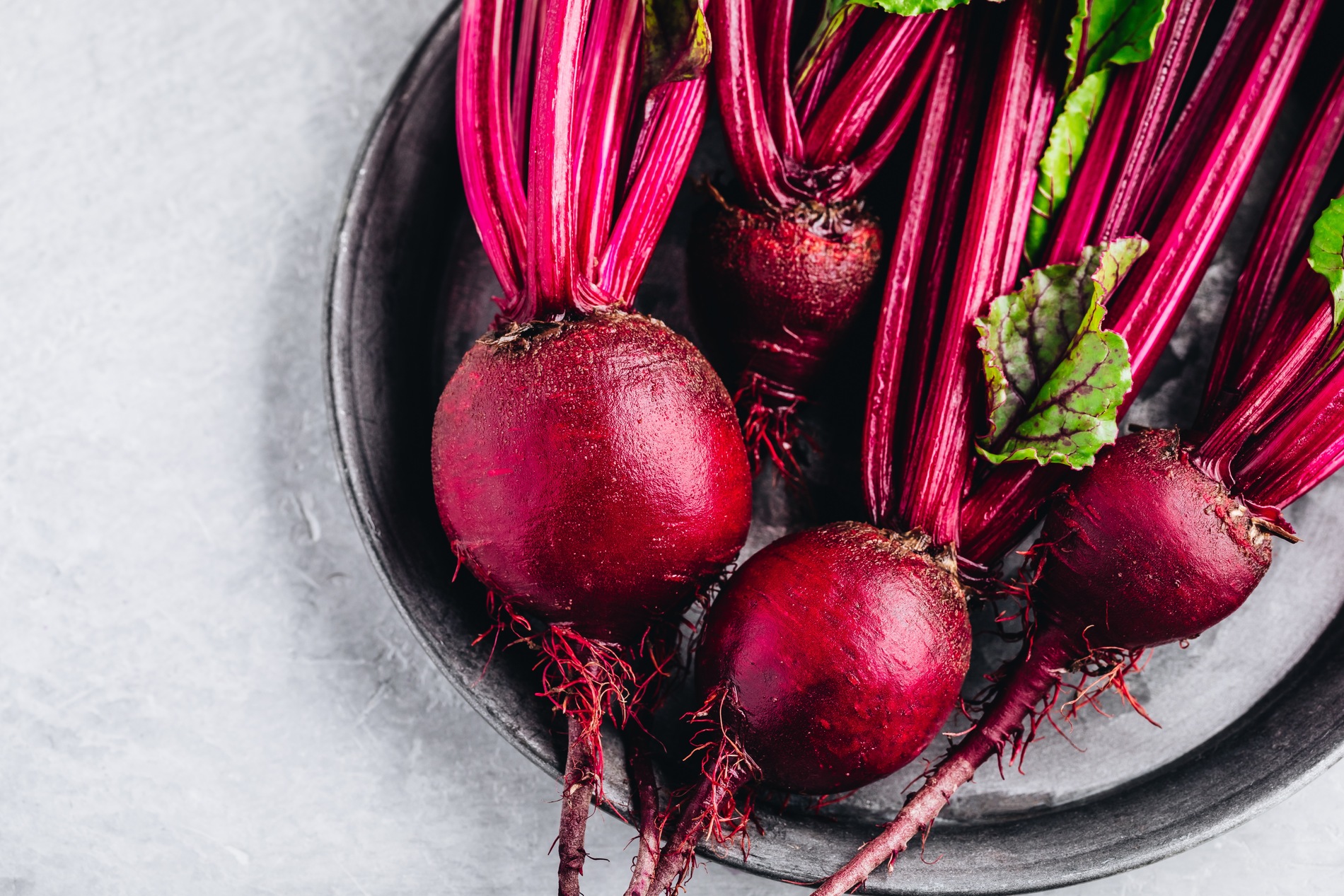
A cup of boiled beets offers 3.5 grams of fiber plus nitrates, which can help improve blood flow and lower blood pressure. They are also a good source of folate and manganese.
11. Kale
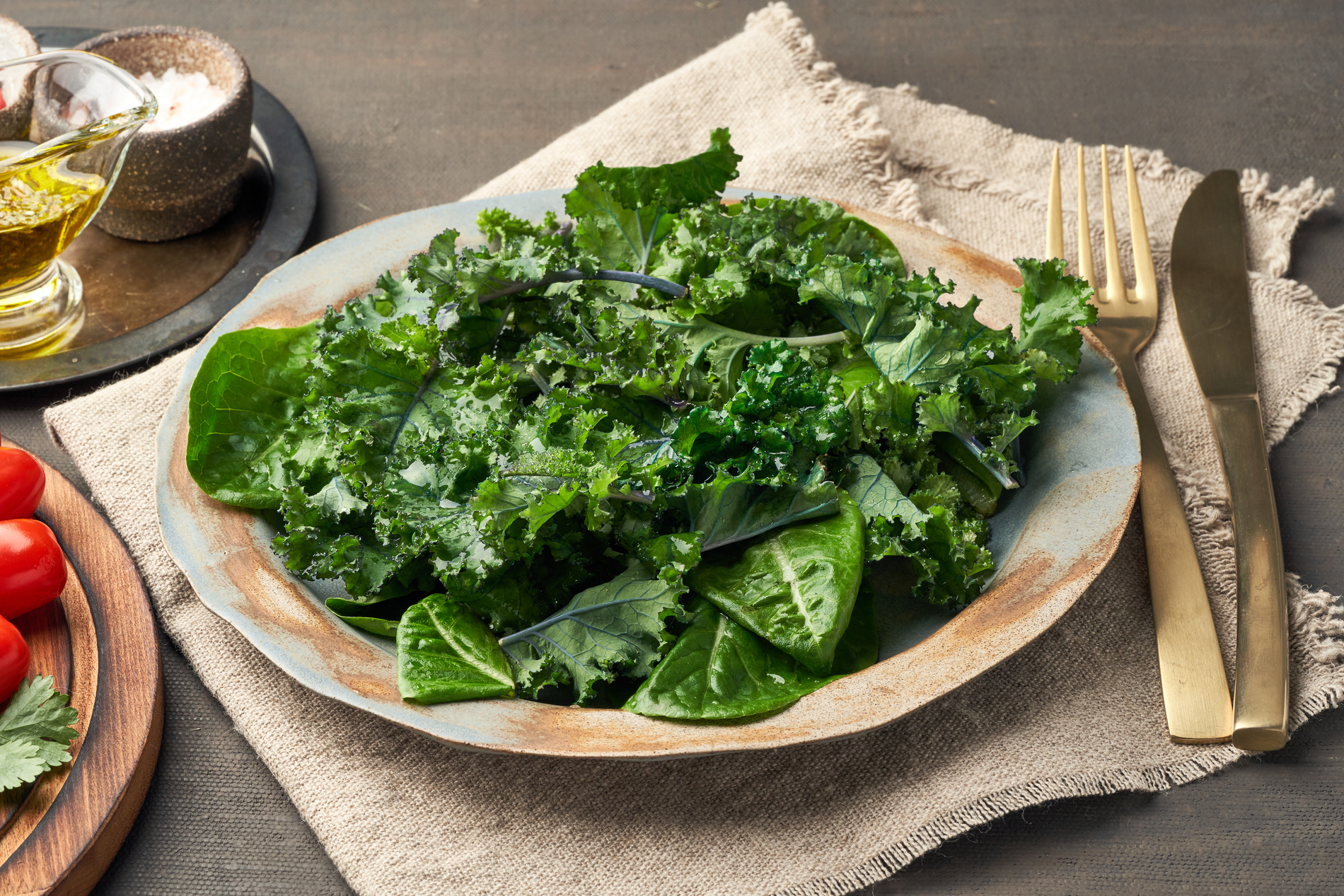
One cup of cooked kale has about 5 grams of fiber, as well as vitamin C, vitamin K, and antioxidants that support immune health. It’s great sautéed, blended into smoothies, or roasted into chips.
Wrapping Up
Adding more of these vegetables to your meals is a simple way to boost your daily fiber intake while getting a variety of other health benefits. Mix and match them throughout the week for better digestion, more energy, and overall improved health.




